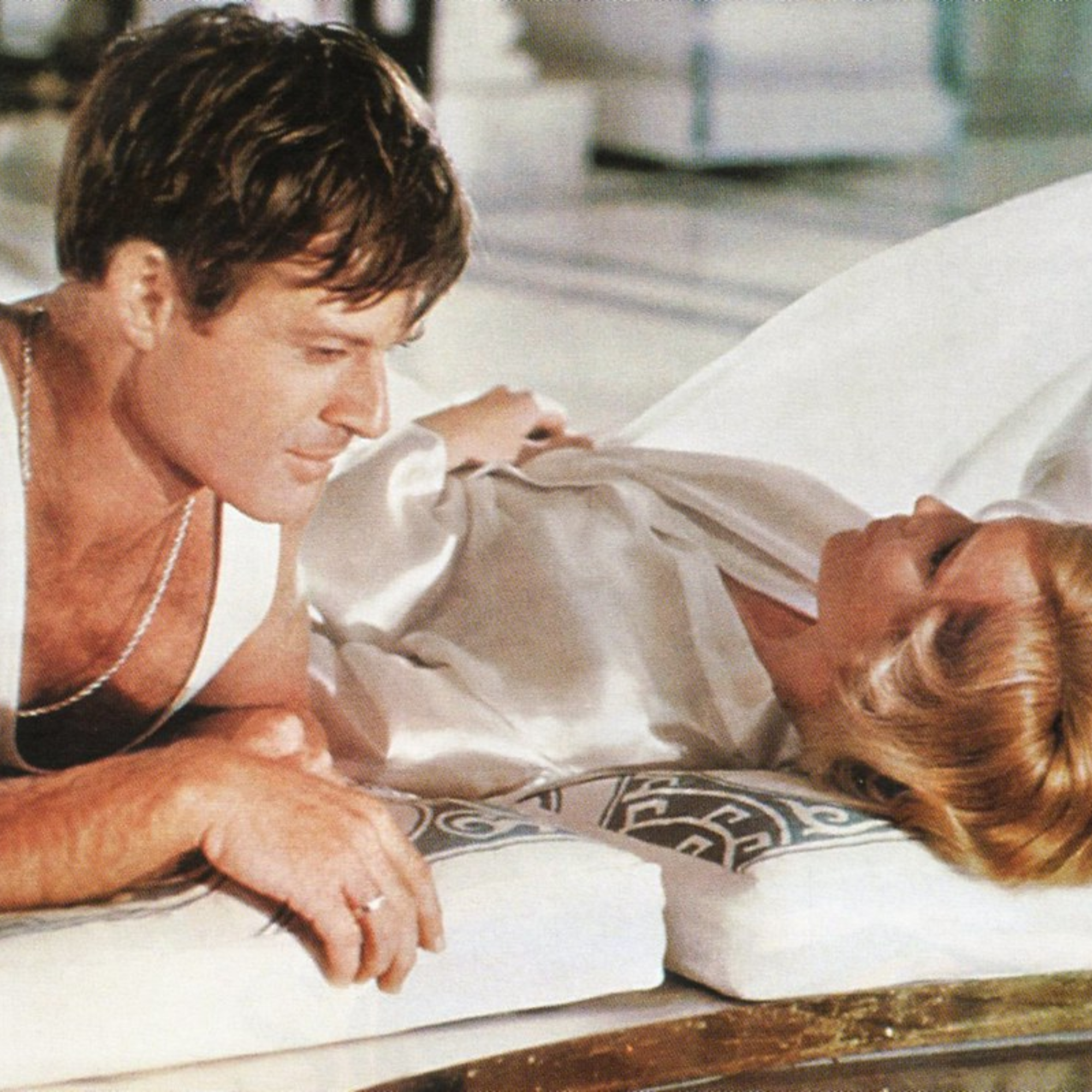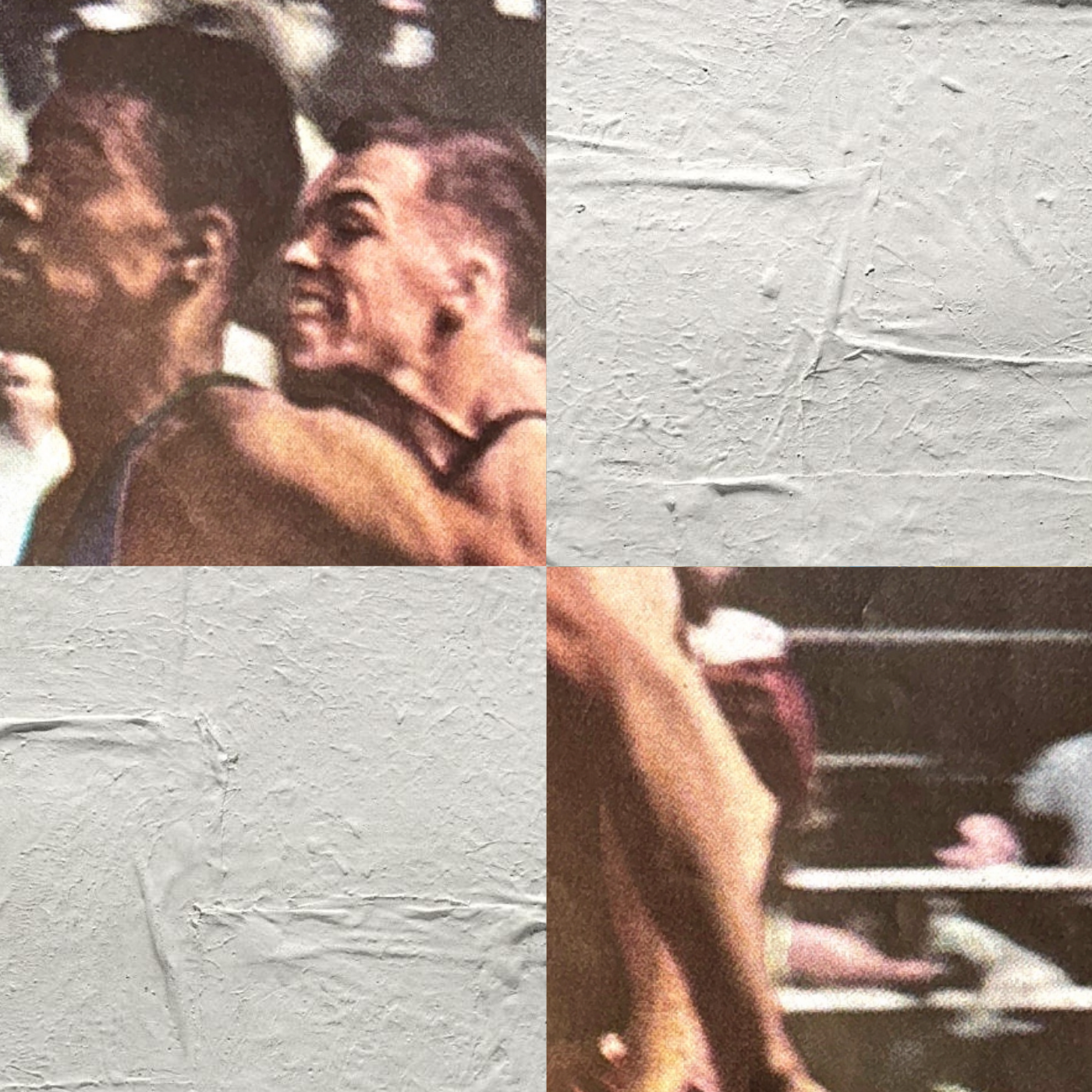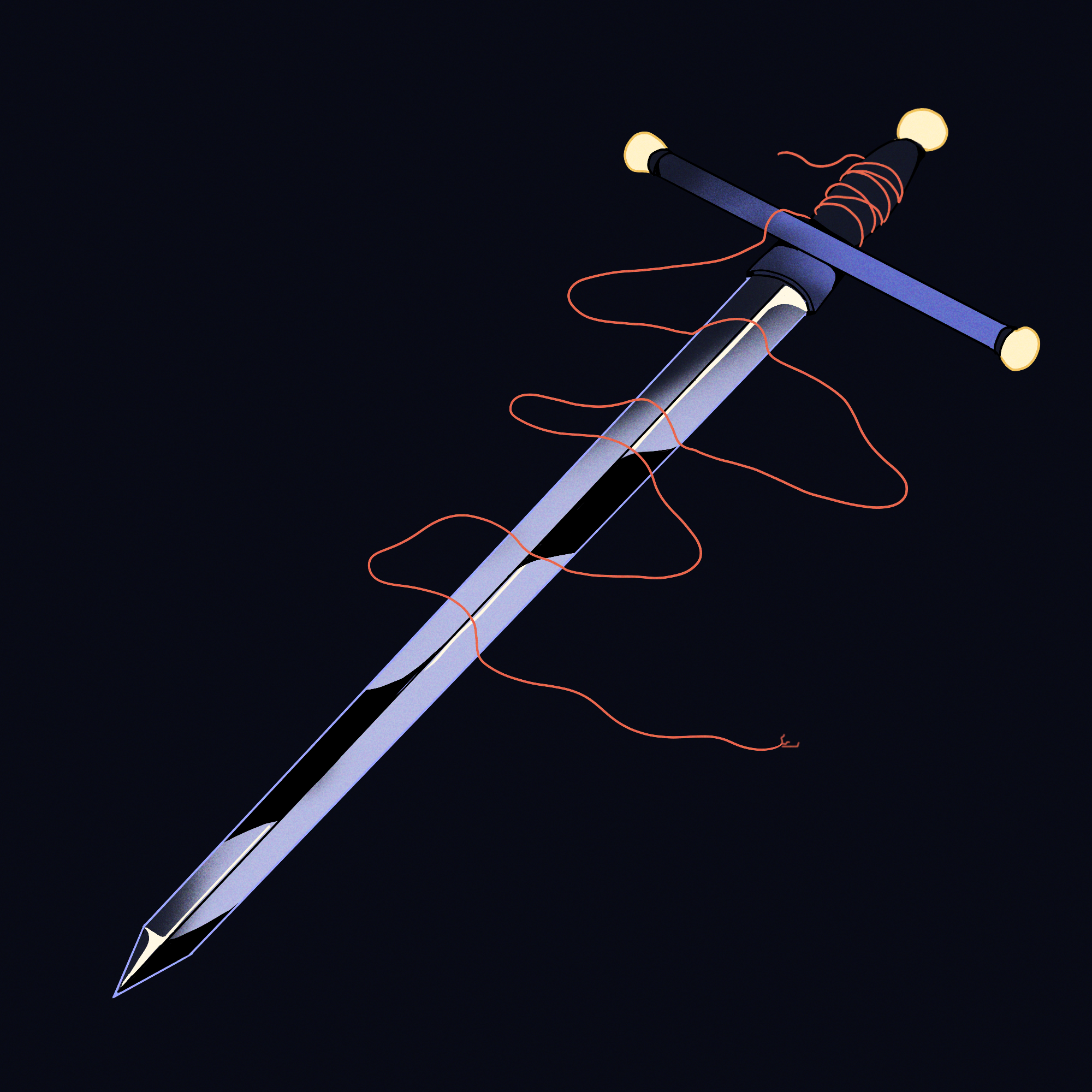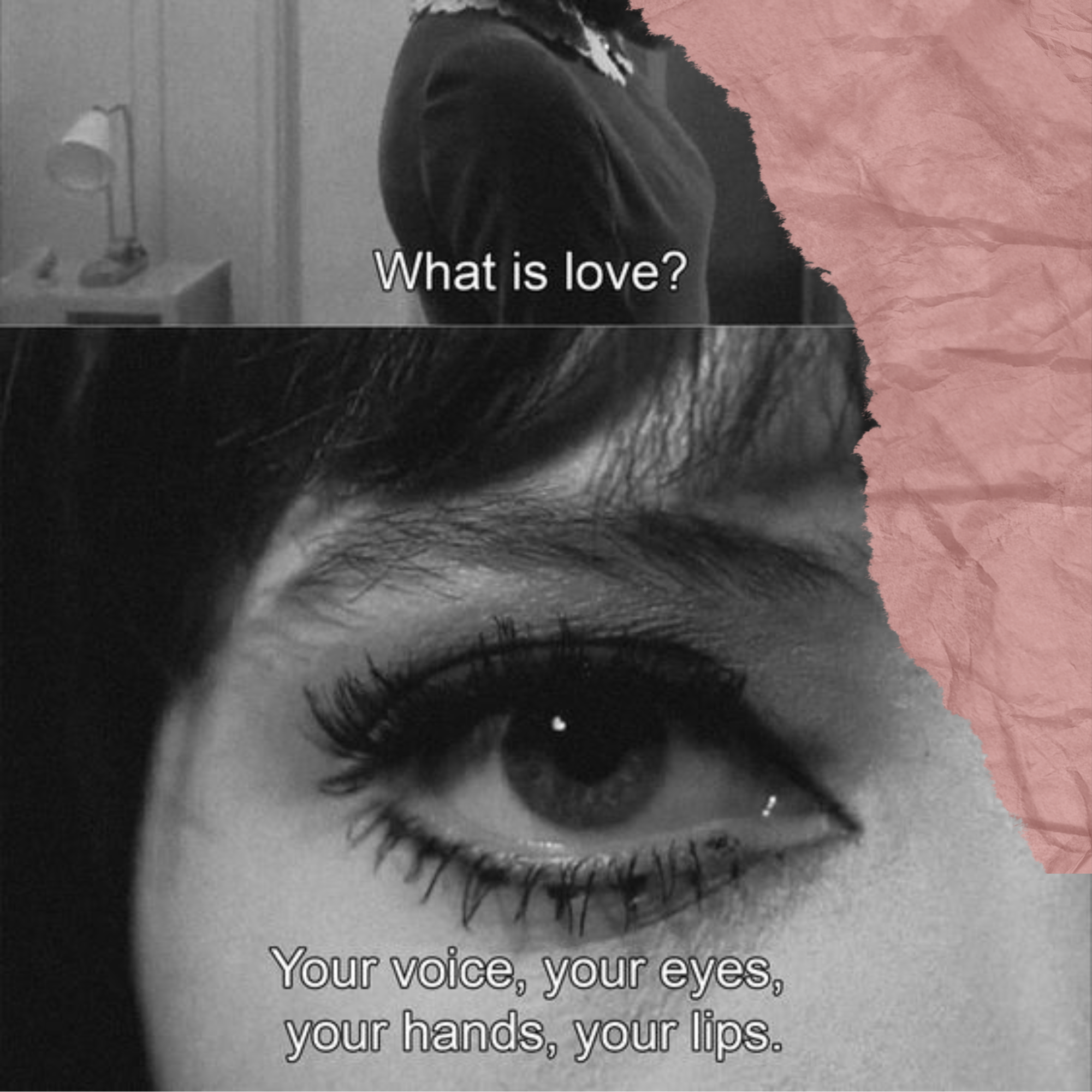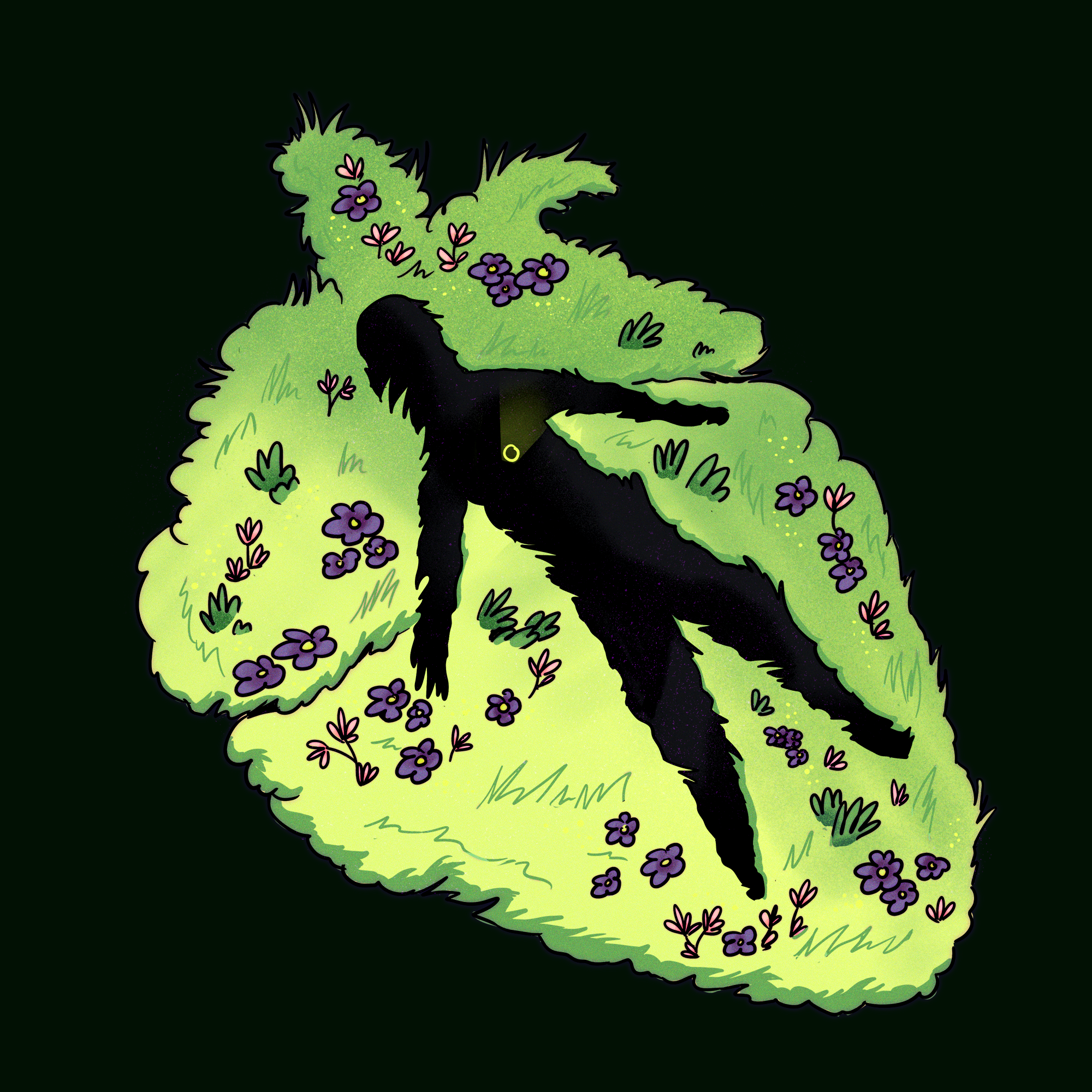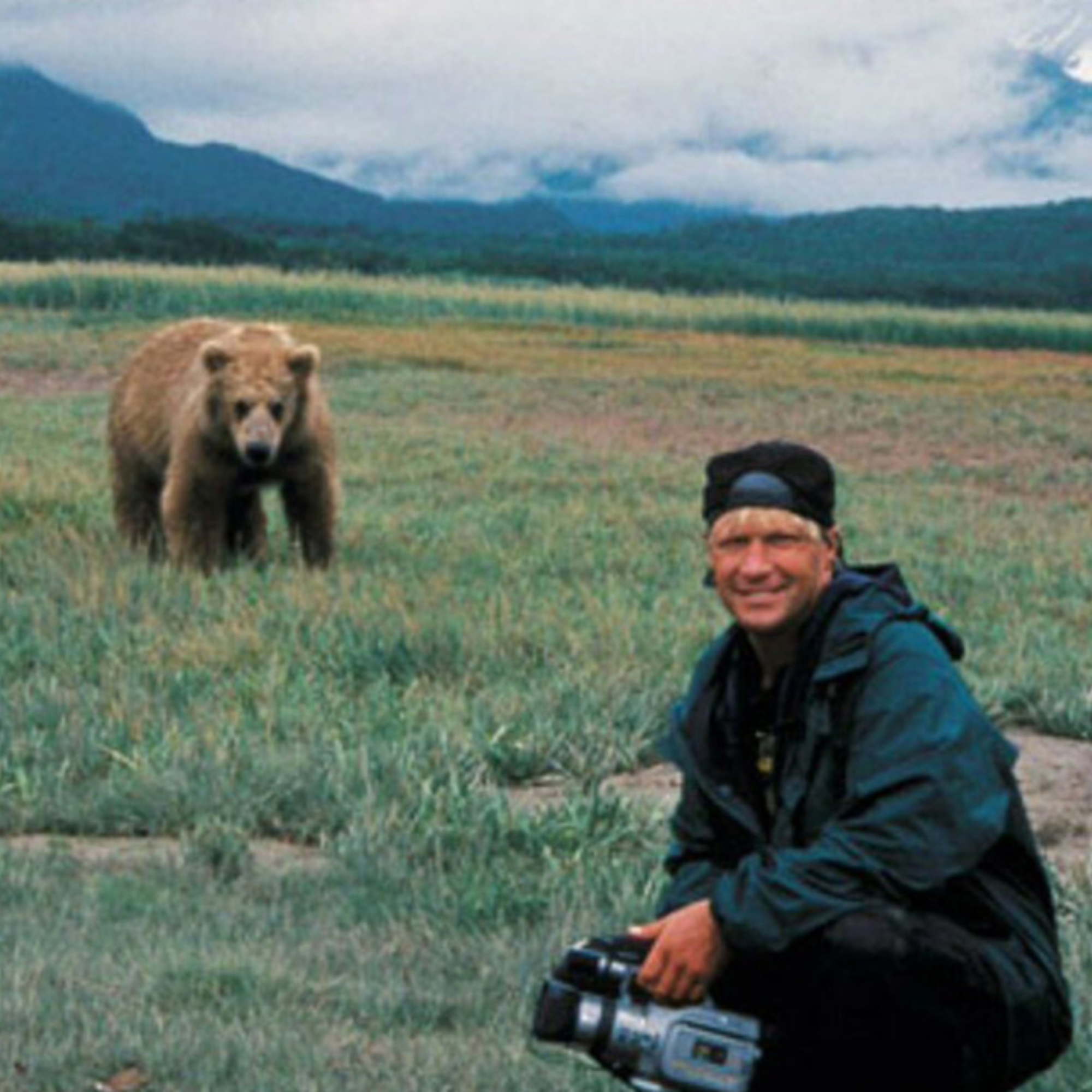- Studio Dirt
- Posts
- An Honest Woman
An Honest Woman
"It takes a lot of bravery to be better at loving someone."
Hello!
If you are joining us from Sunday’s profile in The New York Times, welcome! Writer Paul McAdory did a skillful job telling the story of Dirt’s past, present and future.
Missed the profile, or not a subscriber? Here’s a gift link to the article.

In today’s newsletter, Marissa Lorusso chats with Charlotte Shane about her new memoir, An Honest Woman.

A couple years ago, the writer Charlotte Shane found herself with a question: What do I want my writing to do in the world? Shane is perhaps best known for the incisive, empathetic blogs and newsletters she published about her time as a sex worker, which she later published in two books, N.B. and Prostitute Laundry. She also developed a freelance career writing in outlets like Bookforum, the New York Times Magazine, New York Review of Books, and n+1. But by the time she signed a deal to publish a new memoir, she couldn’t escape her uncertainty about her work’s utility and focus. She started to rethink her overall relationship to reading, writing, and mortality.
The resulting book, An Honest Woman, fulfills its promise as a memoir about love, lust, and labor—but it’s also a meditation on what it means to truly care for and try to understand each other despite oppressive social and cultural forces. An Honest Woman also takes a wider scope than Shane’s previous books, from the strict rules imposed by her father to the joyful friendship she shared with a group of boys as a teenager to the lessons she learned about money, power, and relationships from her decades of sex work. Much of the memoir is anchored by her relationship with a longtime client she calls Roger. It also touches on her relationship with her husband and her decision to get married—despite a long-held belief that marriage was, as she puts it, “a folly I had no interest in trying to pursue.”
I spoke with Shane about intimacy, misogyny, and learning to love thoughtfully. Our conversation has been edited for length and clarity. —Marissa Lorusso

Marissa Lorusso: Although your book is a memoir, I was struck by how much it’s really a book about men: the way that you see yourself through their eyes, and how this intense desire to understand them motivated so many of the choices you made. You write that you expected sex work to teach you about men, but the lessons you learned were impermanent—“like fishing with bare hands,” as you put it. What were some of those flashes of knowledge?
Charlotte Shane: Probably, sex work was just teaching me about other people. The tendency to say, “Oh, it’s a gender thing,” or “this is a straight man thing,” and silo it is probably wrong. But culturally and socially, [women] are told so many lies, and we’re told them relentlessly: that your looks are the most important thing about you, that your looks are absolute (which is weird, because we’re always being sold stuff to look better). It’s this combination of, how you look is who you are—and that’s why you should be working to disguise or improve it—but also, beauty isn’t skin deep; it goes right to your core, it’s all about who you are and how deserving you are of love.
You have to keep reminding yourself of what you actually know to be true through your own experience.
There can be a tendency to fixate on the worst of the worst, the Cheeto-dust guy who’s saying Rihanna’s forehead is too big—it’s really easy to think that is what’s going on in every man’s head. Even if he’s pretending to be attracted to you, or he’s pretending to like you, or he’s pretending he’s a good guy—what he’s really thinking is, you’re not nearly as hot as this other girl who looks nothing like you. But a lot of men really just are so into women! And they are so into boobs. Almost everybody’s boobs look kind of weird—and at the same time, men love them all, you know?
This book is meant to integrate my own direct experiences that went against the social and cultural lessons I had internalized. It’s still a struggle. You have to keep reminding yourself of what you actually know to be true through your own experience.
ML: I think I expected to come away from the book with an easily articulable argument about how you see the relationship between love and sex. Ultimately, I think the book argues that it’s not so simple! How do you think about that relationship?
CS: I feel like sex can definitely facilitate love. Not in the corny way I hate, where scientists would say it’s unique to women, we’re the only ones who get the oxytocin burst or whatever. It’s just that physical intimacy is so powerful. Even if you take intercourse out of it. If you just laid naked with someone, and you managed to be gentle with each other—or if you laid mostly clothed with someone, but you were touching each other’s bare skin in a present way—it has a really profound emotional effect.
I mean, clearly, I don’t feel like sex has to be linked to love at all, but I do feel like it can be a channel to love—or, physical intimacy, I guess, more so than sex. And there is that portion of the book where I say that I was so curious about whether my clients got any type of physical intimacy with their wives at all. Because it seems like they didn’t. And to me, touch feels like it should be really integral to love.
It’s always been weird to me that we act like sex shouldn’t have that binding impact on men—that it’s only women, because we’re so desperate to glue a man to us, or whatever. And of course, through work, I saw how anxious it made men, the vulnerability of physical intimacy, and how they might try to overcompensate for it, or just completely wall off any possibility for an erotic connection, because it felt too threatening.
ML: You wrote about how the lead-up to the book coming out has felt in your newsletter. You said, “My biggest hope for An Honest Woman, the hope that fueled its creation, is that it will inspire its readers to love more thoughtfully, to love better.” What does it mean to you to love thoughtfully, to love better?
CS: Thich Nhat Hanh is always saying when you’re angry with your partner, when your partner hurts you and you feel the impulse to withdraw, or hurt them back—that’s actually the time you have to really lean into being hurt. You have to go to them and say, “I’m hurting, and I need you to help me not be hurting so much.”
I know that that is not my instinct. Normally my instinct is, I’m going to give you the silent treatment. Like, fuck you! [Laughs.]
Did you get married because this is what you wanted it to be like? And if you don’t like it, can you imagine a way it might change?
But it’s not only in those moments of extremity, though. What I try to get at in the book is that process of neglect—it’s a mutual endeavor to neglect each other, and also neglect ourselves. To think, “I’m not gonna admit it, because of my pride. I’m not going to admit that it feels really bad that we haven’t had sex in a while, or that it really makes me feel undesirable that I’m the only one who initiates.”
And so, I know it’s a lot to ask—sincerely; I’m not being facetious—it’s a lot to ask people to go to their partner and be really precise and honest about what’s going on. Like: “I feel bad in these ways.” But going the step further is really important to me—to say, “I really wish that you could help me not be hurt about this; that you could help me not feel this way in our relationship.”
Because it genuinely really upset me to see all of these clients where I felt like: All you have to do is talk to your wife! And maybe I’m wrong. I don’t know; I’m not their couples therapist. But it just seems to me like you got married for a reason, right? Did you get married because this is what you wanted it to be like? And if you don’t like it, can you imagine a way it might change?
It takes a lot of bravery to be better at loving someone. And it takes a reduction of pride.
It takes a lot of bravery to be better at loving someone. And it takes a reduction of pride. Which is very challenging! But honestly, my absolute highest, most exciting vision for the book is this kind of modest couple—I always imagine the man reading the book and finishing the book and going to his wife and saying, “It would be really special to me if we could touch each other tonight.” To me, that is genuinely the highest hope I have for the book. 👄

RECENT DIRT
|

SOME GREATEST HITS
|
|
|
|
|
|
